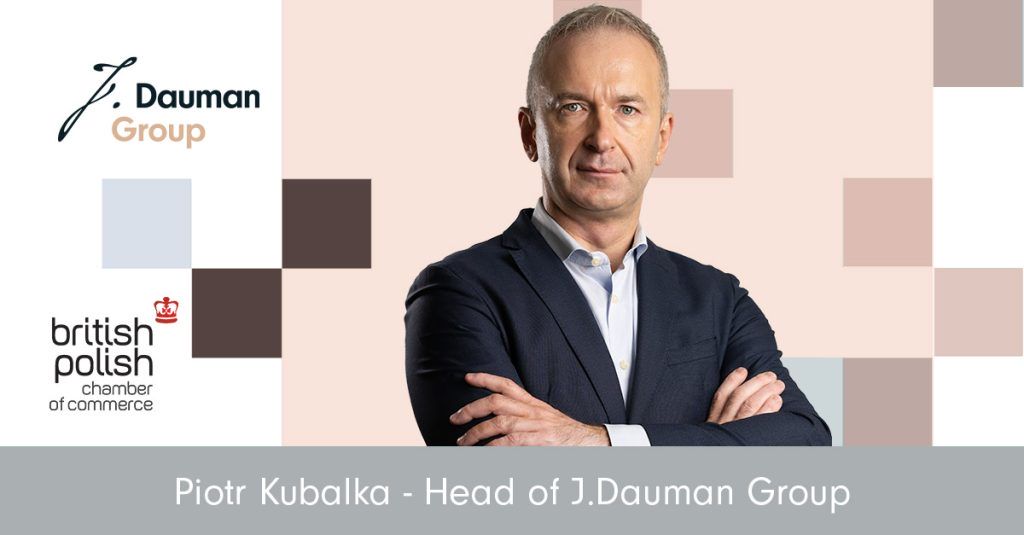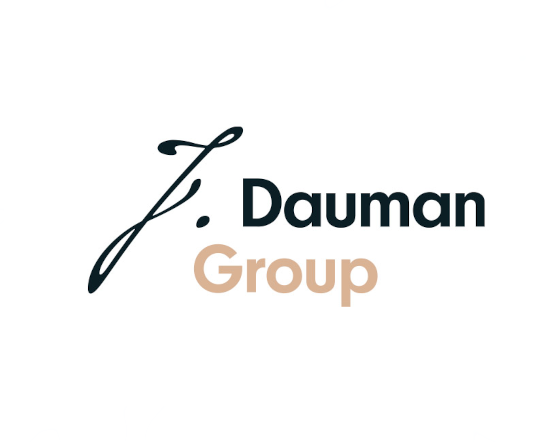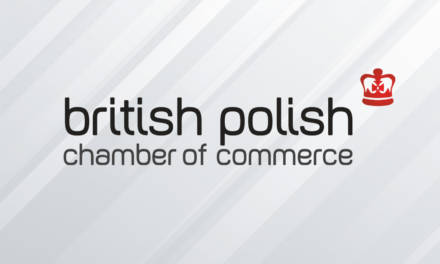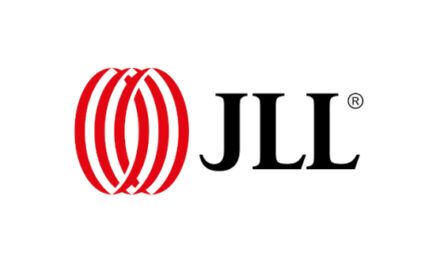
Piotr Kubalka, Head of J. Dauman Group, assesses the financial needs of businesses at a time when high interest rates and a tight labour market make satisfactory returns on investment hard to achieve.
Macroeconomic conditions in Poland and the UK pose many challenges for the private sector. Both economies are still suffering from the effects the pandemic, particularly inflationary pressure, which unfortunately seems to be persisting at an elevated level in both countries.
What connects entrepreneurs and companies, both British and Polish, is the question of how to best protect capital in an environment where so-called investment ‘safe havens’ do not offer satisfactory returns. In our practice as the J. Dauman Group, we see a significant need among our clients to release and circulate capital. While real estate is often the most considered investment form for business owners and C-level managers both in the UK and in Europe, the situation is more complicated from a business perspective.
Many entities today do not have the opportunity to obtain financing on favourable terms to start a project related to the opening of a new production, office, or service space. Another challenge is the recruitment of employees who are lacking all over Europe, in Poland too. So the subsequent question is: why invest in fixed assets, if we can’t find the staff to work with their use?
From our perspective, businesses – and we work with 3,000 entities from around the world – instinctively runs forward against adversity towards a more positive future. The best proof of this is their reluctance to freeze capital for a longer period.
Seeing the scale of challenges faced by our partners, we offer them support in terms of business advisory services. In ‘normal times’, we would connect entities that could collaborate on specific investment projects. However, now we assist clients in identifying areas within their organisations that could be optimised. We support them in the process of adaptation. Independently or together with collaborators, we identify specific processes and strive to streamline them. Investing in the structure of a company is an increasingly popular way to allocate capital, especially since the UK has begun to restrict the right to benefit from R&D incentives that have attracted investments from around the world for many years. It should be noted that the return on such actions is the savings of time and resources, which are achieved in the medium and long term. Depending on the needs and development goals of the company, we also provide advice on corporate governance to enable the effective utilisation of differences in tax systems and market access rules that exist in the UK and Poland.
The recalibration of enterprises focus to a more ‘inward perspective’ will have tangible effects on the broadly understood world of innovation. By nature, whether they are IT solutions or more physical innovations, if they enhance business efficiency, they practically have a guarantee of stable demand. Similarly, consumers behave in a way that they increasingly give up solutions unless they see their practical, direct impact on their daily lives.
From our own experience, we see that the companies within the J. Dauman Group specialising in accounting require support to prepare for future challenges. We are convinced that within a decade or two, 99% of the tasks performed by accountants will be completely digitised and automated. Therefore, we have implemented projects that have helped our accounting team develop advisory skills. With their experience and observations, they understand business operations well and can offer our clients data-driven services. It is worth noting that many small, medium, and even large companies do not have the resources to build and maintain their own internal analytics department. Ultimately, what matters is not how often we receive a system report but whether we can draw conclusions from it. We are looking ahead and filling that gap today.
Of course, like the rest of the world, we are also considering the impact of AI on our sector. Will machines fully replace human reasoning? I will hypothesise that not every entity will have the necessary resources to invest in their own AI model. At this point, we don’t even know ‘if’ and ‘how’ access to AI will be sold in the future. Perhaps the future of artificial intelligence lies in subscription-based access, such as office software. Nevertheless, the current solutions and their effectiveness depend on the quality of the input, whether it’s a query or a command. Let’s just look at how quickly a completely new IT profession, the prompt engineer, emerged since the debut of ChatGPT. As a Group, we have no doubt that the changes AI will bring to our world will be immense. However, just like with any previous economic revolution we have experienced since 1948; experience and skills, flexibility, and openness, are the keys to sustainable and stable growth in any circumstance.
In all these contexts, the situation of the labour market in Poland and the UK should be addressed. From our perspective – and we operate offices in London, Warsaw, and Krakow – we are dealing with an unprecedented circumstance. The job market along the Vistula River has essentially ‘ceased to exist’ – with an unemployment rate of 2.3%, it is the employees and candidates who have taken full control over it. Based solely on our experiences in these locations, job applicants expect salaries at the level of those in London. This is not a problem, except that by paying such rates, our expectations regarding the experience and competence of Polish employees are exactly the same as those set for the British. And this is a very difficult comparison for Poles, especially for young graduates who have never had experience working in the City, which still sets global standards in the world of finance. It should also be noted that since Brexit, the UK job market has also become a significant barrier to business development on the British Isles.



























